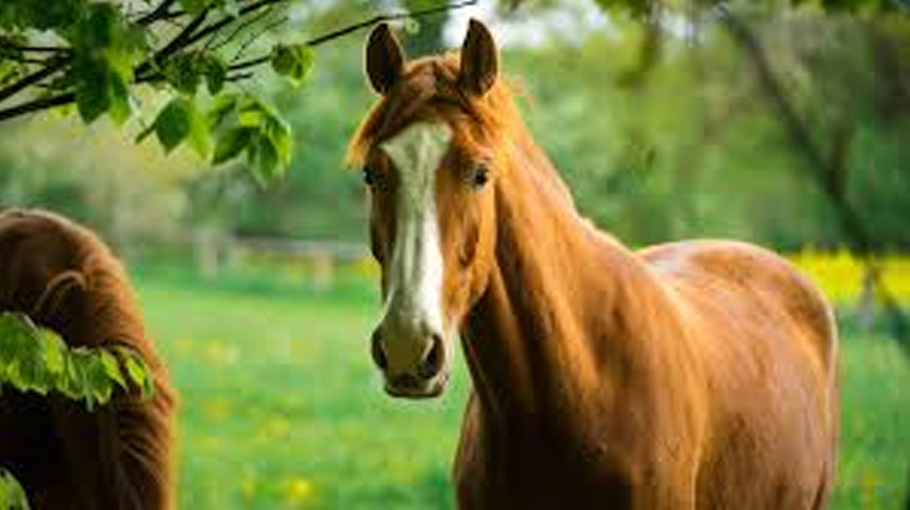Horses can plan, strategise
New study shows

You can lead a horse to water and, it turns out, convince it to drink if the reward is great enough, researchers have found.
A new study has suggested horses are more intelligent than previously thought, having been observed to quickly adapt to a treat-based game with changing rules.
Researchers from Nottingham Trent University (NTU) said they were surprised by how the horses quickly grasped the game, busting previous theories that equine brains respond only to immediate stimuli and are not complex enough to strategise.
The new findings could lead to more humane horse training regimes and improvements to their welfare, researchers said.
The study involved 20 horses, who first were rewarded with a treat for touching a piece of card with their nose.
In the second stage, a "stop light" was introduced, and the rule was changed so that the reward was only given if they touched the card while the light was off.
This did not alter the behaviour of the horses, as they were observed touching the card regardless of the status of the light. That is, until the rules changed for a third time.
In the final stage, researchers introduced a penalty of a 10-second timeout for touching the card while the stop light was on.
The team observed a rapid adjustment to the horses' behaviour now there was a cost to getting it wrong, all of them quickly learning to play by the rules to avoid the timeout, researchers said.
"We were expecting horses' performance to improve when we introduced the time-out, but were surprised by how immediate and significant the improvement was," lead researcher Louise Evans said.
The researchers believe the fact the horses adapted so quickly indicates they understood the rule of the stop light the entire time, but had no reason to follow the rule when there was no consequence for getting it wrong.
The study, published in the Applied Animal Behaviour Science journal shows that horses are more cognitively advanced than they are given credit for, Dr Carrie Ijichi, a senior equine researcher at NTU said.
"This teaches us that we shouldn't make assumptions about animal intelligence or sentience based on whether they are 'built' just like us," she said.




